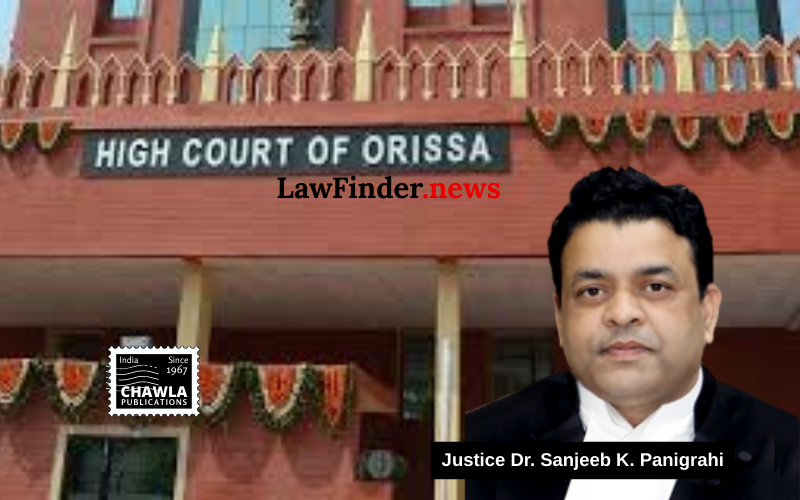Court mandates rehabilitation of Sebayat near Samaleswari Devi Temple amid renovation work
In a significant ruling, the Orissa High Court has halted the eviction of Akshaya Dishri, a hereditary Sebayat, from his residence adjacent to the Samaleswari Devi Temple in Bolangir, Odisha. The eviction notice had been issued to facilitate ongoing renovation and development work at the temple. The court's decision underscores the importance of ensuring that religious services continue uninterrupted during temple renovation projects.
The judgment was delivered by Dr. Sanjeeb K Panigrahi, J. in response to a writ petition filed by Dishri challenging the eviction notice dated July 25, 2025. The notice was issued by the Sub-Collector-cum-Executive Officer, Debottar Bolangir. Dishri, who performs 'Nitiseva' at the temple, argued through his counsel, Mr. Bhojraj Seth, that his proximity to the temple is essential for performing his duties and serving the devotees.
The court directed the Sub-Collector-cum-Executive Officer and the temple committee to make necessary arrangements to rehabilitate Dishri to a nearby location, ensuring that he can continue his religious duties without disruption. The court emphasized that eviction should not proceed until such rehabilitation is provided.
This decision highlights the judiciary's role in balancing developmental activities with cultural and religious obligations, ensuring that Sebayats performing essential temple services are not displaced without proper arrangements.
The writ petition has been disposed of with instructions that no eviction will occur until Dishri is suitably relocated.
Bottom Line:
A hereditary Sebayat performing 'Nitiseva' in a temple cannot be evicted from their residence adjacent to the temple without providing proper rehabilitation, especially during temple renovation and construction work.
Statutory provision(s): Temple renovation.




